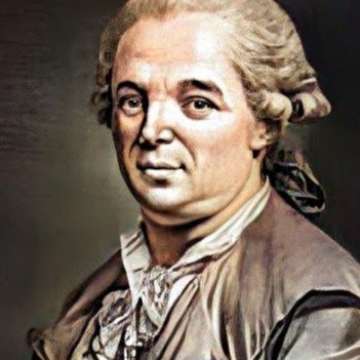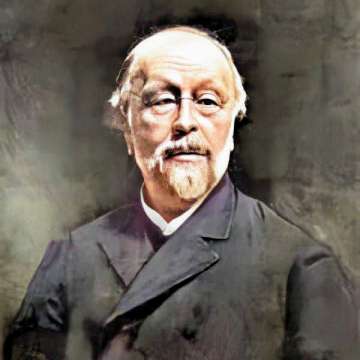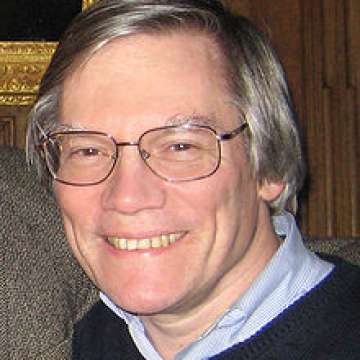Geniuses Statistics
While not every child prodigy turns out to be a genius, some who were not prodigies did grow up to become ones. Only great intellectual capabilities - or high IQ - doesn’t make a person a genius. It’s just not enough. As described in , as described in What Does Genius Mean? Other characteristics as originality, creativity and precision are also a must. So, what the numbers say it really takes in order to be entitled to the title Genius.
Let's start exploring.
The conventional hierarchy of intelligence and IQ believed to be as follow:
- Above 200: Unmeasurable genius
- 180 – 200: Highest genius
- 165 – 179: High genius
- 140 – 164: Genius
- 120 – 140: Very superior intelligence
- 110 – 119: Superior intelligence
- 90 – 109: Normal or average intelligence
- 80 – 89: Below average intelligence
- 70 – 79: Borderline deficiency
- Under 70: Deficiency
Nevertheless, there is no real correlation between intelligence and IQ. Although not all individuals with high IQ are geniuses, some argue that one cannot become one with less than 125-130 IQ. Therefore, the group size from which geniuses can emerge is the higher 2% of the IQ scorers population.
If that is the case, in a world of 7.5 Billion people there are about 150 million potential geniuses.
So, how many of the 2% are really geniuses?
Obviously, no one can give a direct accurate answer, but we can try and estimate. As brought to you here, prodigies are as common as only 1 in 5 million people and not each one of them grow up to become a genius. In Geniuses, it is harder to determine because of the fluidity of the mear definition of genius, but real geniusness, the one that produces outcomes that truly take the human race forward, is definitely less common than prodigiousness. Why? Because of the additional effort, the necessity of having unique capabilities, for once, but also have tremendous creativity, originality, focusness, repetitive hard work and divoation. How less common? We would estimate a true genius as at least two fold less common than a prodigy, which is 1 in 10 million people. That means about 750 true geniuses worldwide and that means geniuses that actually fulfil their capabilities in reality.
What are the most common areas in which geniuses occur?
According to the Journal of the Royal Society of Medicine (JRSM), for prodigies Music is the most common, followed by chess, mathematics and, to a much less extent, visual art. Geniusness can be expressed in any field of knowledge, although it is the clearest in pure creative fields, such as hard science (math, physics, chemistry etc.) and music where the purity of the creation does not link to other fields so the creation is more fully evaluated as a stand alone piece. For example, Let us assume that Tommy creates an amazing space ship that is much faster, more stable and quieter than other competitors. The majority of it, like most machines, is made out of third parties parts and technologies which were only assembled the right way. Maybe Tommy only came up with a propplent engineering advancement breakthrough, but he did not create a new scientific discovery or something that we can say about - “well - the greatest minds have tried this for years and failed but Tommy did it. While doing so - he promoted humanity's basket of knowledge in an extensive way”.
Obviously, geniusness can be expressed in other fields such as philosophy, literature and other less scientific fields. The advantage of discovering geniusness in scientific fields is that it can be detected, explored, questioned and analysed on an analytical level.
Do all Nobel Prize Winners Are Geniuses?
Up to 2019, only 597 Nobel Prizes were given. 100 of them were given as Nobel Peace prizes. Let’s assume that only those given to research achievements, i.e excluding the peace prizes, are a high confirmation of extreme intellectual breakthroughs, which leaves us with 497 prizes given to 816 individuals. Those prizes were given in the fields of Physics, Chemistry, Medicine, Literature and Economic Sciences. To receive the nobel prize one must achieve a unique achievement that involves originality, devotion and creativity. Therefore, scientific Nobel Prize winners do get our acknowledgement as geniuses, especially after receiving the prize after a tough competition with the greatest minds in their field.
What’s more?
In Geniuses.Club we strive to collect as much data as possible regarding geniuses and prodigies and make it accessible to all. The data will be updated here and often be provided through our newsletter. Not registered yet? Click here and register.
Have a comment? Want to contribute content? Click here




















